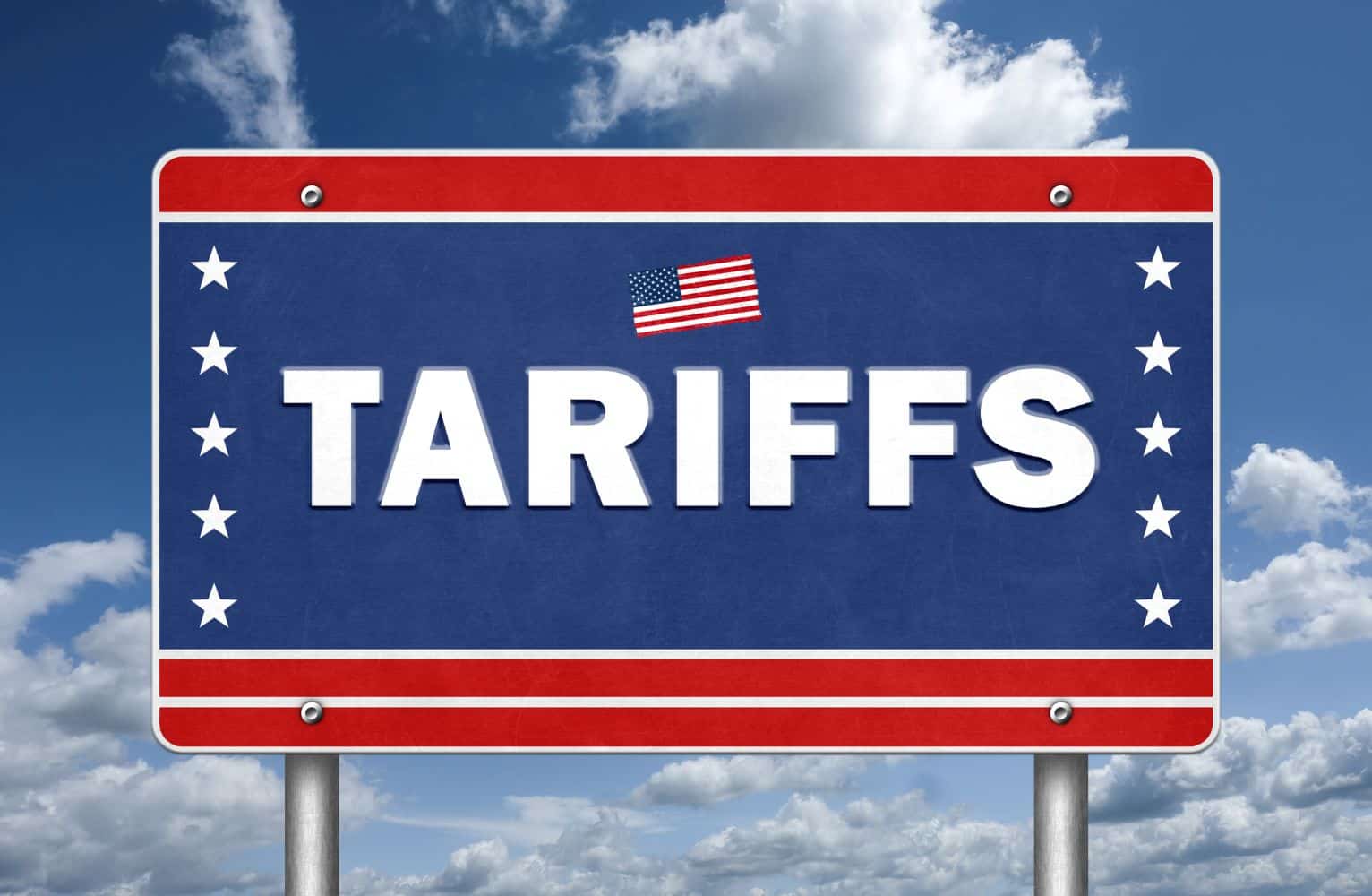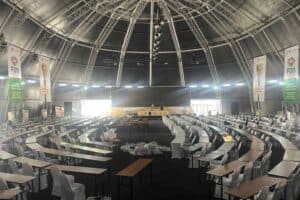The confirmation of the US tariff is bad news for citrus farmers, who had earlier pleaded with the president to at least secure a pause in the tariffs.

The White House confirmed on Thursday night that South African goods exported to the United States (US) will be subject to a 30% tariff, but President Cyril Ramaphosa said on Friday morning that negotiations continue.
According to the announcement, the new tariffs will no longer be implemented on Friday, 1 August, but only on Thursday, 7 August, to give the US Customs and Border Protection enough time to make the necessary changes to collect the new duties.
Experts have warned that the automotive industry, as well as citrus farmers, will be the hardest hit by the US tariffs, while the signs are already evident in the automotive export sector.
President Cyril Ramaphosa said that he notes with concern the reciprocal tariffs imposed by the US on South African products. He said the US imposed reciprocal tariffs on a significant number of its trade partners, and South Africa was not spared. However, he said, South Africa will continue negotiating with the US regarding the 30% tariff.
ALSO READ: South African farmers on the frontline of US tariff hikes
All applicable exceptions published in the previous US Executive Order are set to remain in force. These exceptions cover products such as copper, pharmaceuticals, semiconductors, lumber articles, certain critical minerals, stainless steel scrap and energy and energy products, Ramaphosa said.
“Government has been engaging with the US and submitted a framework deal that aims to enhance mutually beneficial trade and investment relations. All channels of communication remain open to engage with the US, and our negotiators are ready, pending an invitation from the US.
“In the meantime, government is finalising a package to support companies that are vulnerable to the reciprocal tariffs. The package consists of a number of measures to assist companies, producers and workers affected by the tariffs. The details of the measures will be announced in due course.”
ALSO READ: Tau launches urgent support measures for exporters affected by US tariffs
US tariffs not necessary – SA exports not a threat to US
He pointed out that trade relations between South Africa and the US are complementary in nature and that South African exports do not pose a threat to US industry, while South African exports to the US contain inputs from the African continent and contribute to intra-Africa trade.
“South Africa will continue to pursue all diplomatic efforts to safeguard its national interests. It is important that as a country we keep our people at work and our companies producing some of the high-quality products destined for many parts of the world.”
To do this, he said, government will intensify its diversification strategy to create resilience of the economy, and it is working with export councils and industry associations, as well as top exporters to the US, to assist with alternative markets.
“In this regard, an export support desk to provide updates on development and provide advisory services to exporters has been established. The details will be published by the Department of Trade, Industry and Competition (DTIC) on its website.”
ALSO READ: Economists question if SA has a plan for US tariffs, Tau says here it is
Framework deal for US tariffs also going ahead
Ramaphosa said government, through the DTIC, is also in constant contact with the US on the framework deal.
The executive order the US published on Friday clarifies that goods loaded onto a vessel at the port of loading and in transit on the final mode of transit before 12h01 eastern daylight time, seven days after 1 August 2025 and entered for consumption, or withdrawn from warehouse for consumption, before 12h01 eastern daylight time on 5 October 2025, will not be subject to the additional duty and will instead remain subject to the additional duties previously imposed in Executive Order 14257, as amended.
ALSO READ: US tariffs: fragmentation and reshaping global supply chains and African MNEs
26 countries with US tariffs higher than 15%
The White House identified 26 countries whose goods will be subjected to US tariffs of more than 15% due to “excessive trade deficits” with the US. These countries are:
- Algeria: 30%
- Bangladesh: 20%
- Bosnia and Herzegovina: 30%
- Brunei: 25%
- Cambodia: 19%
- India: 25%
- Indonesia: 19%
- Iraq: 35%
- Kazakhstan: 25%
- Laos: 40%
- Libya: 30%
- Malaysia: 19%
- Moldova: 25%
- Myanmar: 40%
- Nicaragua: 18%
- Pakistan: 19%
- Philippines: 19%
- Serbia: 35%
- South Africa: 30%
- Sri Lanka: 20%
- Switzerland: 39%
- Syria: 41%
- Taiwan: 20%
- Thailand: 19%
- Tunisia: 25%
- Vietnam: 20%
Higher tariffs on goods from Mexico and Canada that are not exempt under the US-Mexico-Canada free-trade agreement will continue. Mexico agreed on Thursday to a 90-day continuation of the current 25% tariff rate, while non-exempt goods imported from Canada to the US will face a tariff of 35%, up from 25% previously.
Support Local Journalism
Add The Citizen as a Preferred Source on Google and follow us on Google News to see more of our trusted reporting in Google News and Top Stories.








